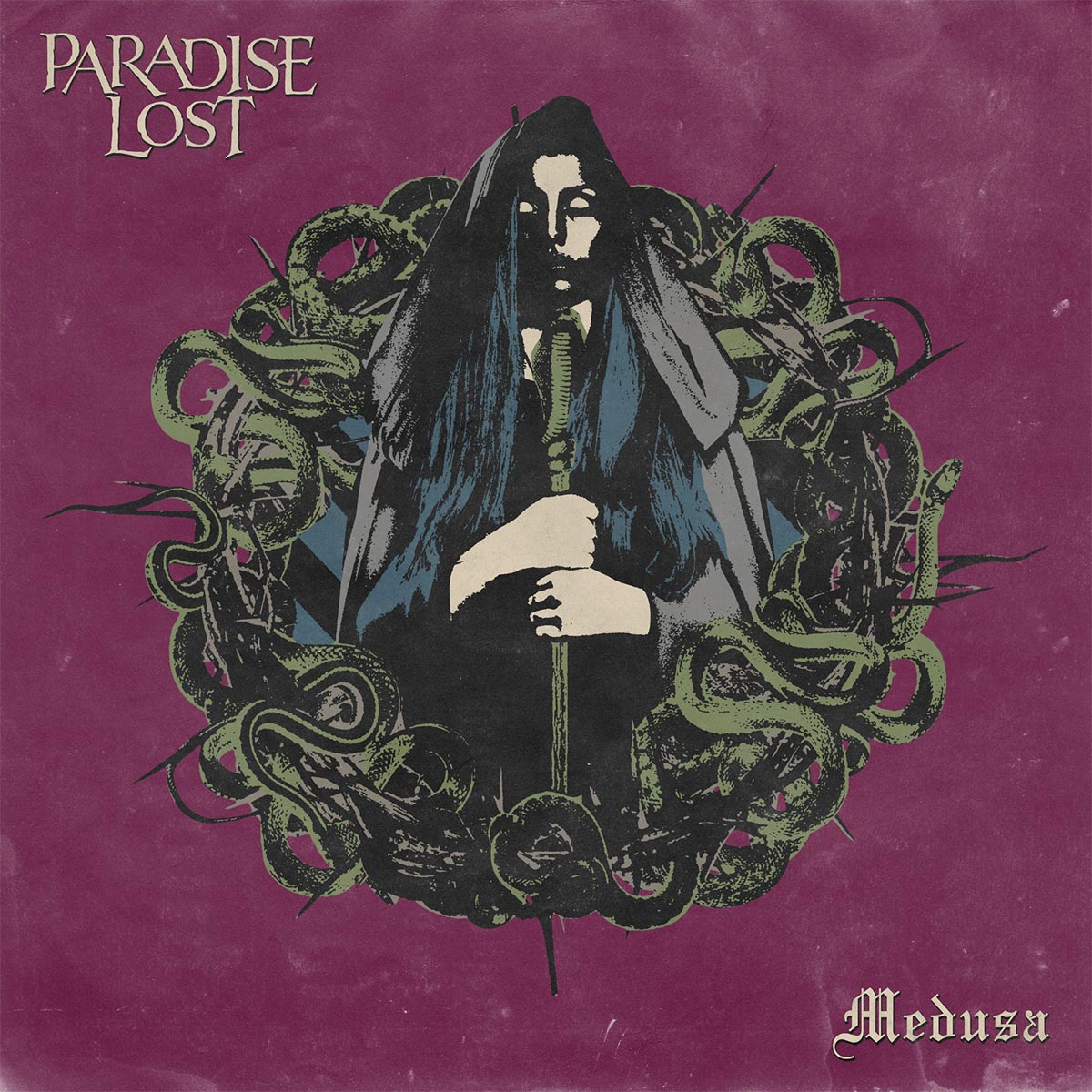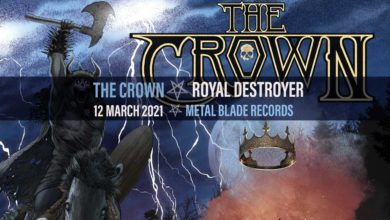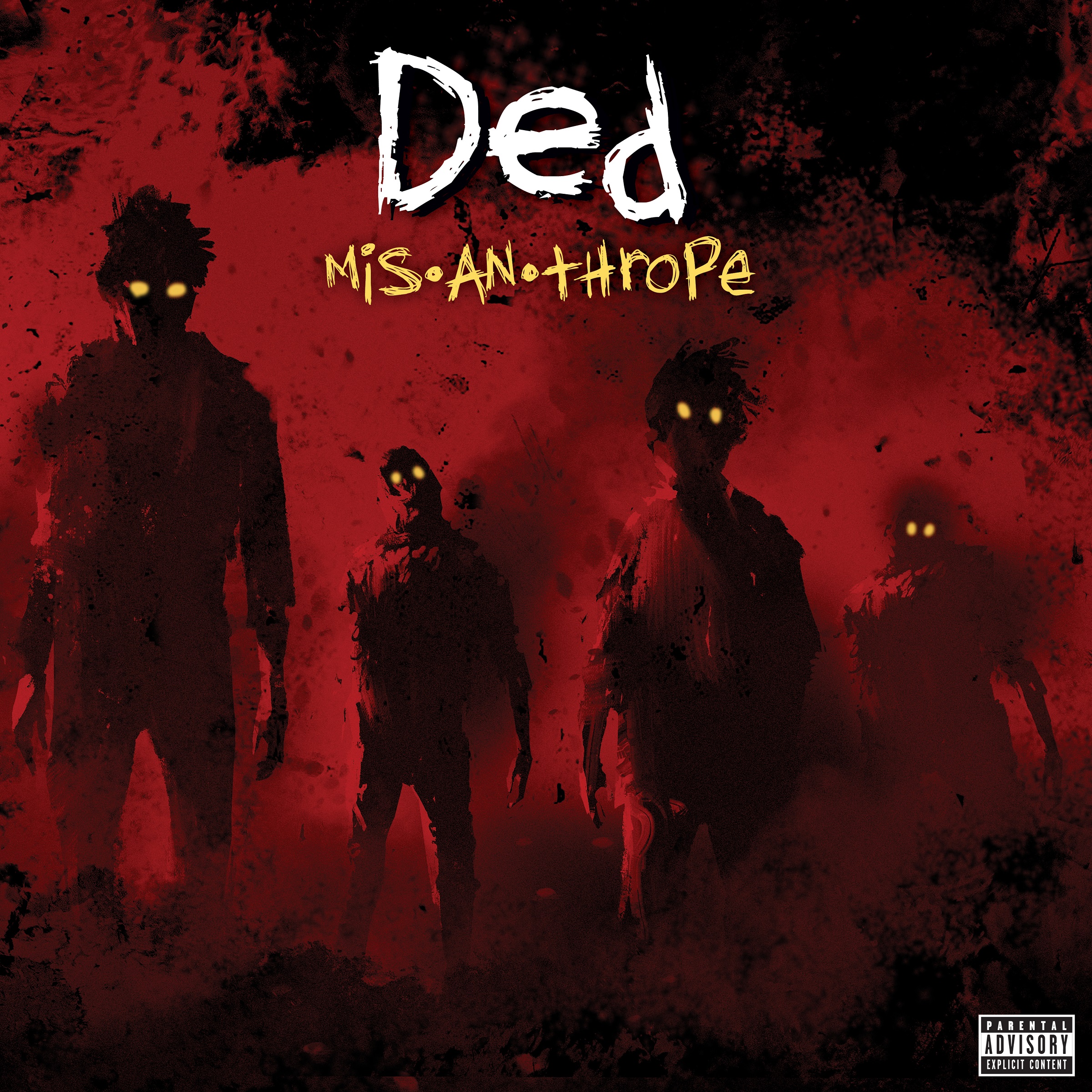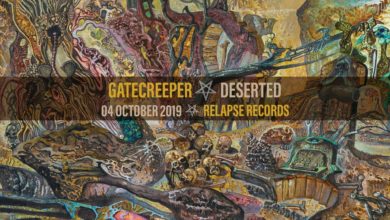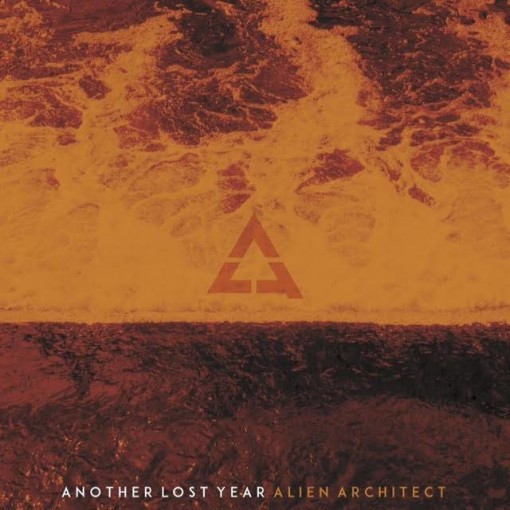 Normally, it is customary to begin metal reviews with a quick summary of the history of the band in question, detailing their highs, lows and the immediate build-up to their brand new release. However, today, we will be discussing Paradise Lost: a band that needs no introduction.
Normally, it is customary to begin metal reviews with a quick summary of the history of the band in question, detailing their highs, lows and the immediate build-up to their brand new release. However, today, we will be discussing Paradise Lost: a band that needs no introduction.
For almost thirty years, these Gothic Brits have been leaders of the doom metal genre, riding high and true with a discography that is as perfect as you could expect a band of their storied and diverse history to possess (sure, 1999’s Host was pretty sub-par but, hey, nobody’s perfect!).
Two years after their acclaimed The Plague Within record, an album which saw the band return the death metal influence to their eclectic musicianship, Paradise Lost’s eagerly anticipated fifteenth disc, Medusa, is looming in the very near-future.
Making their debut for the almost omniscient Nuclear Blast Records, the quintet puts its best foot forward to commence Medusa, letting the raw, percussion driven opening of “Fearless Sky” introduce new drummer Waltteri Väyrynen to listeners. The guitars of Greg Mackintosh and Aaron Aedy then prove similarly weighty, reliant upon slow, ringing power chords, while Nick Holmes drives home the death metal early, letting guttural roars dominate the first half of the eight-minute track. The song gradually builds and builds to a hugely rewarding pay-off mid-way through, shifting to a slower take on the melodic death metal genre by having Holmes introduce an amazing, operatic vocal delivery while the duelling guitars begin to rely upon harmonic, single-string picking.
As this all builds to a rousing conclusion made complete by low-tuned riffing, a powerhouse solo, a blend of harsh and clean singing and quickening drumming, it becomes clear that, already, Medusa has out-done the entirety of The Plague Within that came before it.
Beginning with a Gothic crescendo of undiluted, angered sorrow, “Gods of Ancients” is far more immediate than Medusa’s first track. The drumming and the bass of Steve Edmondson are far more simplistic, suggesting a song that prizes atmosphere over musicianship, while “Fearless Sky” had the ability to balance both. “Gods of Ancients” feels much closer to the primal Gothic–death/doom fusion that The Plague Within specialised in, before “From the Gallows” again offsets that by introducing itself with harmonic guitar-work at the very forefront, which goes onto fuse with yet more growls from Holmes and a shorter run-time to create a track more reminiscent of classic acts like Obituary or Immolation than Paradise Lost.
Lead single “The Longest Winter” goes against the immediacy of its two predecessors by letting calls from crows and the ominous sound of a snowy blizzard (both of which are appropriate given the track’s Chernobyl-orientated lyricism) lull into equally foreboding music. Easily the most clean, sombre and accessible song of Medusa thus far, “The Longest Winter” recreates the aura of Paradise Lost’s mid-‘90s output, which included such unstoppable masterpieces as Icon (1993) and One Second (1997), while also adding in one or two unclean verses, just for good measure.
Edmondson’s bass rules the roost as Medusa’s title track takes the reigns, its low, slow notes permeating almost every second of the similarly slow-burning entry. Fitting as the eponymous song of the album, “Medusa” summarises every musical technique demonstrated on the record thus far, including the diverse axe-work and vocals, before the eerily distorted, isolated strings of its bridge raise the song to possessing its own immense, unsettling signature.
Boasting a duo of hard-rocking solos, “No Passage for the Dead” is an all-out death metal rampage, its closing moments being its shining glory as it presents a dichotomy between Nick Holmes’s growls and operatic, soaring backing singing. Using a technique that has also been employed by extreme acts like Cradle of Filth, it certainly makes this entry in Medusa one of the most epic and awe-inducing.
“Blood and Chaos” deserves to take home an award for being one of the only doom metal tracks to have a breakdown, while also being the most commercially viable song of the record by far. Its energy and speed are the greatest Medusa has to offer, with the melodies from both guitars and front-man constantly being through the roof! As a result, it is truly no surprise for this song to be blessed as its album’s second single and first music video. As brief as it is catchy, the track is strong as a rock n’ roll trailblazer and will excel in a live setting, but it feels somewhat out of place given the far more extreme and gloomy overtones the rest of Medusa very readily emits.
Luckily, the grand closer “Until the Grave” returns us to the despondent normality that Paradise Lost fans know and love. While it isn’t as strong a bookend as the insurmountable “Fearless Sky”, the final song resonates with its sheer heaviness, combined again with operatic backing. However, this time, Medusa goes all out: as opposed to one clean singer, there is a choir of enormous voices, peaking briefly through the mix in brief yet impactful moments. And while it would have been nice for this immense plethora of soaring singers to rear their heads more often, the final result of “Until the Grave” is still an insanely proficient finale.
Overall, then, it would be no exaggeration to say that Medusa is the crowning achievement of Paradise Lost’s latest hot streak, their greatest venture since the criminally underappreciated Faith Divides Us, Death Unites Us (2009). Consistent in tone (for the most part) yet diverse in musicianship, Medusa is an eight-track album on which every entry has its own, recognisable signature. As a result, it is entirely devoid of filler, with every second feeling equally essential and enormous.
PARADISE LOST online:

